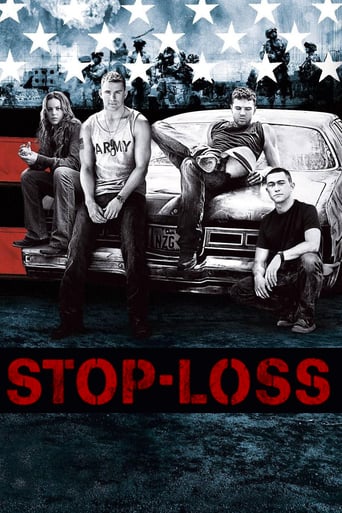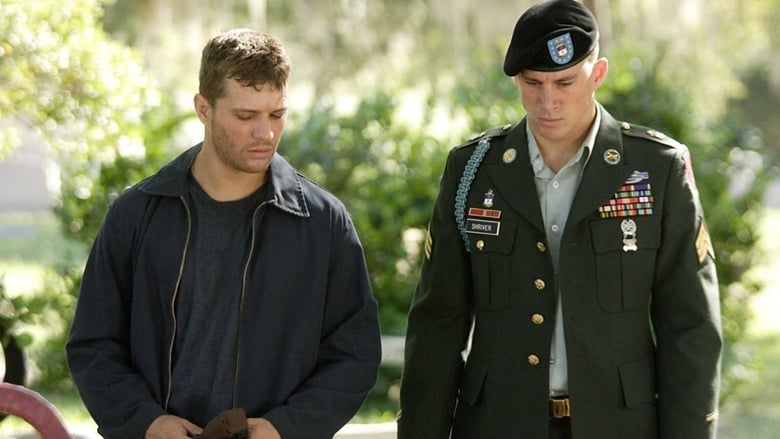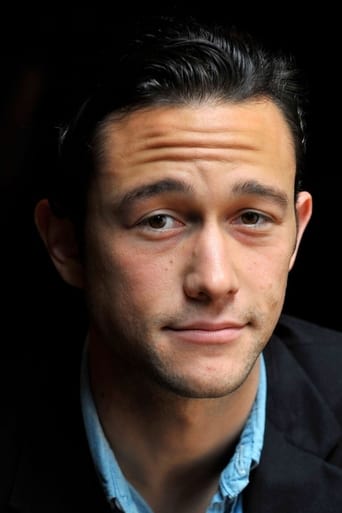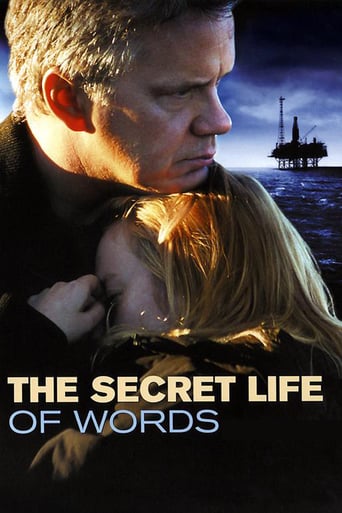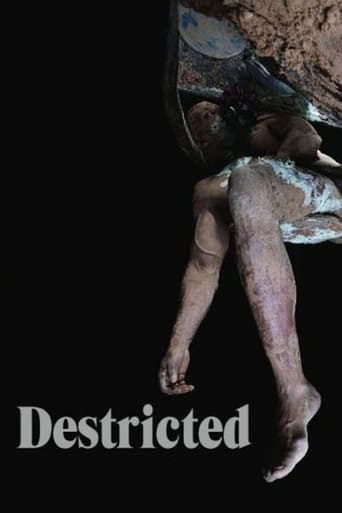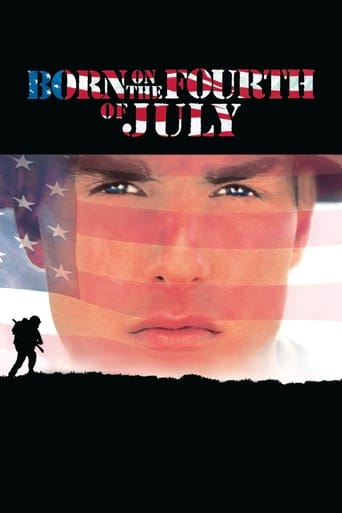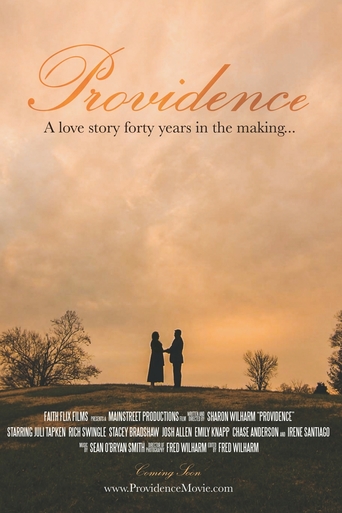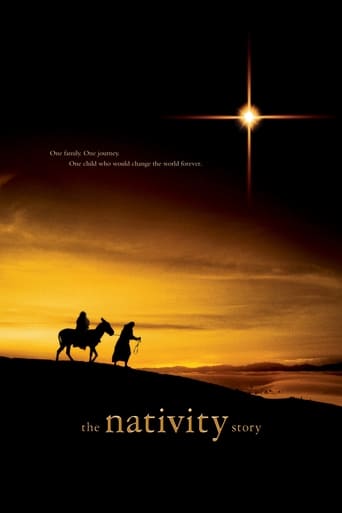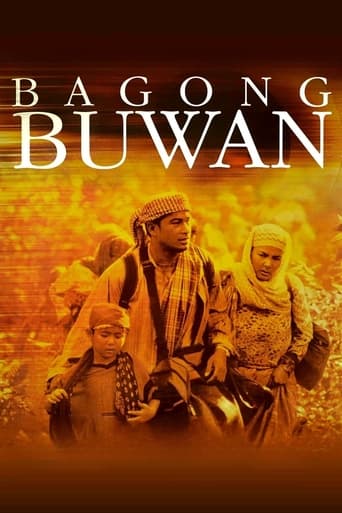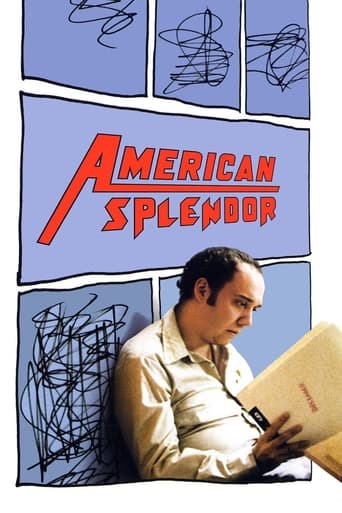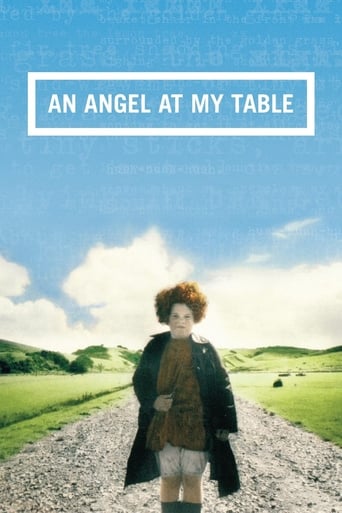Stop-Loss (2008)
A veteran soldier returns from his completed tour of duty in Iraq, only to find his life turned upside down when he is arbitrarily ordered to return to field duty by the Army.
Watch Trailer
Cast
Similar titles
Reviews
Excellent adaptation.
An Exercise In Nonsense
The movie turns out to be a little better than the average. Starting from a romantic formula often seen in the cinema, it ends in the most predictable (and somewhat bland) way.
Through painfully honest and emotional moments, the movie becomes irresistibly relatable
Kimberley Peirce's (Boys Don't Cry) movie proved to be controversial in military circles. The story is about the stop-loss procedure used by the American military, a kind of small print tactic that can extend a soldiers service should their country deem it so. Sergeant Brandon King (Ryan Phillippe) returns home from the Gulf Wars with his mentally scarred pals fully expecting to get back to a domestic life without blood and brains dominating his personal landscape. Yet he is called back in for another tour of Iraq under the stop-loss procedure, something he rebels against and goes AWOL. He has done two tours already, surely he has earned his retirement?It starts off in electrified fashion, the horrors of the war in Iraq bursting from the screen as a firefight ensues, character traits are introduced to us, we are left in no doubt that the soldiers at the end of this tour of duty have seen it all. Pic then settles into a sort of cross between a road movie and a PTSD portrait awash with emotional strangulation. Peirce and her co-writer Mark Richard have honourable intentions, but too much is given over to stereotyping, of stock clichés and the bold signposting of character's futures. They carefully paint King as a model soldier, this is definitely not about cowardice, but come the cop-out finale it's evident that the narrative suffers glaring inconsistencies and confused messaging.On the bonus side is the performances of the youthful cast, where some fluctuating accents aside, Phillippe, Channing Tatum and Abbie Cornish are superb, while Joseph Gordon-Levitt makes a weakly written part crackle with pained emotion. Of the elders, most are underwritten, which is a shame when you got the likes of Ciaran Hinds in the cast. We are left as a whole with a film that is as uneven as a dusty road in Tikrit, not only in narrative structure, but also in actual facts as regards the procedures of the American military, both on the written documents and execution of duty in battle.It was a flop at the American box-office and it's not hard to see why, but it still has merits. Even as the familiarity tries to breed contempt, the anguished reality of a soldiers life, during tours and post service time, strikes a mightily distressing chord. 6.5/10
Stop Loss has an important message for those disconnected from the US military: our servicemen are being asked to do more combat tours than ever before in the history of the US military. Since the end of the Draft after the Viet Nam War all combat operations are carried out by the limited number of volunteer GIs. Okay, they volunteered, but with the numbers in the Army, National Guard, Reserves, and Marines, they are being asked to do too much time in combat; hence the massive numbers suffering from PTSD, ballooning suicide numbers, spousal abuse, and other problems experienced by and caused by returning servicemen.Stop the senseless wars that should not be fought and are not worth the sacrifice of our young volunteers or our nation's resources. And, bring back the Draft so the whole nation feels the pain when we go to war. Stop Loss makes this case.
Stop-Loss slots nicely into a canon of films populated by 'issue' pieces dealing with the war in the Middle East, or on Terror; a film looking at, as the following year's Rendition did with the detainment rights America seemingly has on terror suspects, the titular 'stop-loss' policy - a ruling forcing veterans back out to the Gulf front lines for more tours of duty against their wishes and against prior agreements with the government. It additionally comes to strike us as the sort of film designed to habituate your more younger adult viewers on the issue of war, warfare and the war in The Middle East; that wars and warfare carry with them side effects, that explosions and wartime hostilities carry with them a shrill price. Through what most would refer to as a process of trivialisation through that of the medium of computer games, and a general skirting around of certain issues, Stop-Loss feels designed to both unearth and bring to the forefront the backlog of hurt and bother that often arrives with what most of Stop-Loss' target audience may already perceive as a passive pursuit.Where the film somewhat flails on the front of the former, and despite feeling like an unabashed 'awareness' piece, it succeeds in bringing attention to the latter; an involving enough documentation of the fallouts of war. In another sense, it did its job on the political front; I was unaware of the stop loss policy, what it entailed and how people might go about dealing with it if in disagreement. The film opens with a sequence of warfare I didn't expect to be as effective as it was. We witness a squad of Iraqi-based American soldiers fighting enemy soldiers still loyal to the causes that desire Western involvement banished from the territories. It is a skirmish that only really kicks off after several of the troops have risen to the bait of an armed man in a car at a checkpoint, whom then promptly leads the gung-ho soldiers into an enclosed street and an ambush. Bullets begin to fly, rockets are propelled and people are hurt in a locale somewhat passingly resembling your bog-standard online multi-player game arena.For several men, it was the last happening of an arduous tour; several soldiers, as well as platoon leader Brandon King (Phillippe) and Channing Tatum's Steve Shriver, both of whom will later come to to contribute to the text more greatly, depart following the tour's termination and head to their home states. King's and Striver's is Texas. Once home, their surroundings are constructed as a somewhat sickly place of pro-war garb and patriotic singing; a place in which all the women are overtly photogenic and the young boys of the town idolise their newly arrived war heroes - director Kimberly Peirce even finds room for a composition of the American flag fluttering limply in the breeze. Suffice to say, the locals are over the moon to have their boys back; the post-tour celebratory party following an opening battle going along way to summarise the general outlook on the war as a whole: we're winning, we're taking heavy losses and a lot of Arabs local to the territories are dying for not an awful lot, but we're winning.The homecoming is sweet on the surface to these people, and on the surface alone; odd behavioural patterns beginning to plague that of what Striver does thus upsetting his fiancé Michelle (Cornish) and forcing King into getting involved, the foul smell of post-traumatic stress disorder filling the air and filling the grounds of Striver's front lawn when the digging of fox holes in the dead of night as well as the persistent speaking to himself plays out. For King, problems rear up when he is a victim of that aforementioned stop-loss policy; a forcing of him back to the hotbeds of The Middle East against his wishes - an order devilishly delivered to him by a Lieutenant colonel played by Timothy Olyphant, whom always looks like he's having fun playing that seedy guy you're supposed to dislike but isn't necessarily the villain, and something that sees King, in his own words, "screwed by the system".King takes it upon himself to just leave; a fugitive out on the road with that of Michelle since, y'know, she's prettier and will make for better company than that of his parents. Where the film goes is into the realms of where films such as these, ranging from Taxi Driver to Borne on the Fourth of July, often go; that is to say, a physical journeying that will open the lead's eyes to a "real" America of stuff they'd previously been somewhat oblivious to. Their cross-country travelling on this occasion sees them journey to Washington D.C., so as to try and garner some help from a senator whom was as kind as you like when King's tour was still fresh in the memory, but then seems totally disinterested. It plods and it waves proverbial flags, but it does the job; along the way, we anticipate King and Michelle's romance - her patching up of his wounds following a brawl an obligatory 'coming-together' moment of a sensual and physical sort. Peirce finds room to rear up the shocking nature of your more decrepit veterans: an excursion to a military hospital dealing with those whom lost limbs and such arriving as further issue-baiting which clunks into proceedings rather than slots neatly. Stop-Loss is not without merit, and surprised me in how far is was willing to go in its politics; it's tough to begrudge the film, and its air of ambiguity as to whether it's a film glorifying the running from's one duty or the standing tall for what one believes in is good value, but I suspect the director has a better film up her sleeve and as far as the War on Terror canon goes, you could do a lot better yourself.
'Stop-Loss' deals with the problems soldiers have in getting out of the army; both through the technical procedure of "Stop-Loss", whereby a solider is sent back for a second consecutive tour of duty, but also through the difficulties of adjusting to civilian life after time on the front line. Many dramas set after the Vietnam war explored the idea that the sense of a victory well won (absent then, as now) might be critical to enabling a soldier to make the transition from combat animal back to member of civic society. The film is well made, powerfully acted, and doesn't pretend that it's characters are angels (although it justly acknowledges their bravery). But it doesn't really go very far beyond its premise, and the ending is given a slightly more upbeat (but inconclusive) spin than could have been applied. The final credits remind us of the startling high number of American troops to have fought in Afghanistan or Iraq in the 21st century; wars that are fought (for good or bad) while the rest of us get on with our lives in an altogether easier place.
